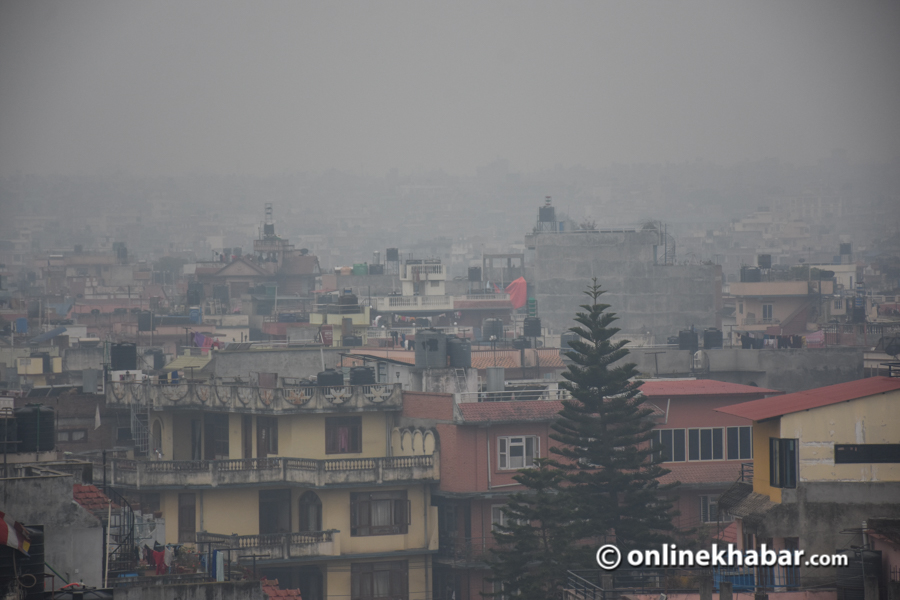
Imagine walking along a busy street in Kathmandu when a motorbike suddenly collides with a car. The rider is thrown onto the pavement, motionless, blood seeping onto the road.
A crowd gathers, murmuring in concern, yet no one steps forward to help. You feel the instinct to rush to the victim’s aid, but a nagging thought stops you: What if the police detain you for questioning? What if the hospital demands you pay for their treatment? What if, despite your best intentions, you are blamed for something you had no part in?
This hesitation is not unique to Nepal. Across the world, bystanders often fail to assist injured persons due to fear of legal entanglements, police harassment, or financial burdens.
A study conducted across seven cities in India found that 74% of people were unlikely to help road accident victims due to concerns about legal hassles. In Delhi, this reluctance was even higher—96% of surveyed bystanders admitted they would rather not get involved. Many feared unnecessary detention by hospitals or demands for payment, further discouraging intervention.
In Nepal, similar fears keep people from helping those in dire need. Whether due to concerns about being blamed, police interrogation, or even being asked to pay for medical expenses, the public remains largely hesitant to intervene. A culture of mistrust in first aiders’ abilities and a lack of awareness about basic emergency response further complicate matters.
It is not that people do not want to help—many do—but the risks they perceive often outweigh their willingness to act.
The consequences of this hesitation can be devastating. The Law Commission of India reported that nearly 50% of accident deaths could be prevented if victims received timely medical assistance. This translates to potentially saving 70,000 lives every year in a country like India. While Nepal lacks a comprehensive study on the subject, the situation on its roads is strikingly similar, if not worse.
In response to this crisis, many countries have enacted Good Samaritan laws that offer legal protection to individuals who assist those in need. These laws ensure that well-intentioned bystanders cannot be held legally or financially liable for helping accident victims.
India, for instance, introduced its Good Samaritan Law in 2016, which shields those who offer emergency aid from police questioning and legal complications. Studies show that such protections lead to increased willingness among the public to provide first aid, resulting in quicker medical interventions and improved survival rates.
Nepal, however, has yet to implement such a law. As road accidents continue to claim lives daily, the need for a Good Samaritan Law has never been more urgent. Beyond legal protection, such a law would foster a culture of responsibility, ensuring that those who help are not punished for their kindness. It would also encourage training programs in first aid, making bystanders more confident in stepping forward during emergencies.
A nation is only as strong as its people, and a society that turns its back on its most vulnerable in times of crisis is in dire need of reform. We must ask ourselves: If we were the ones lying on the road, bleeding and helpless, would we not want someone to stop and help?
It is time for Nepal to introduce a Good Samaritan Law, not as an option, but as a necessity—one that acknowledges that humanity should always come before fear.


















